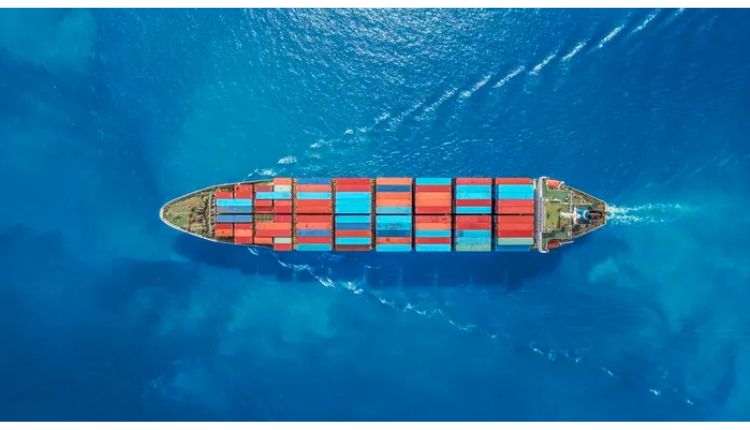The advent of e-commerce has revolutionized the way businesses operate, creating a ripple effect that has significantly impacted various industries. One such industry that has experienced a profound transformation is logistics. This article aims to delve into the intricate dynamics of this transformation, exploring how e-commerce has reshaped the logistics industry.
E-commerce, characterized by online shopping and electronic transactions, has seen exponential growth over the past decade. This surge in online retailing has necessitated a parallel evolution in logistics, the backbone that ensures the smooth operation of e-commerce. The logistics industry, traditionally accustomed to bulk shipments to physical retail stores, had to adapt to cater to individual deliveries at multiple locations due to e-commerce.
One of the most significant impacts of e-commerce on logistics is the shift from a supply-focused model to a demand-driven one. In traditional retail, goods are shipped in bulk to stores based on projected demand. However, with e-commerce, consumers can order products anytime and anywhere, leading to unpredictable demand patterns. This unpredictability necessitates real-time inventory management and dynamic supply chain strategies, pushing logistics companies to adopt advanced technologies like AI and machine learning for demand forecasting and route optimization.
E-commerce has also led to an increase in direct-to-consumer (D2C) deliveries, resulting in smaller shipment sizes but higher delivery frequencies. This change has led to a surge in last-mile deliveries – the final step of the delivery process where a product reaches the consumer’s doorstep. Last-mile delivery is often the most complex and expensive part of the logistics process due to factors like traffic congestion and failed delivery attempts. To overcome these challenges, many logistics companies are now investing in innovative solutions like drone deliveries and smart lockers.
The rise of e-commerce has also heightened customer expectations for faster delivery times. The ‘Amazon Effect’ – consumers’ expectation for fast and free shipping popularized by Amazon – has put immense pressure on logistics companies to reduce delivery times. This demand for speed has led to the emergence of same-day and next-day delivery services, requiring logistics companies to develop more efficient distribution networks and warehouse operations.
Moreover, e-commerce has increased the need for reverse logistics due to a higher rate of product returns compared to traditional retail. Handling returns efficiently is crucial for customer satisfaction and maintaining profitability in e-commerce. As a result, logistics companies are now focusing more on developing robust reverse logistics systems, including easy return policies and efficient processing of returned goods.
The transparency offered by e-commerce platforms has also influenced the logistics industry. Today’s consumers expect full visibility into their orders, from dispatch to delivery. This demand for transparency has led logistics companies to invest in advanced tracking systems that provide real-time updates on shipment status.
While e-commerce has brought numerous challenges for the logistics industry, it has also opened up new opportunities. The growth of e-commerce has led to an increased demand for warehousing and distribution centers, especially in urban areas close to consumers. This trend is driving the growth of micro-warehousing and urban logistics – new sub-sectors within the logistics industry.
Furthermore, e-commerce is fostering collaborations between retailers and logistics providers. Many retailers are now outsourcing their logistics operations to third-party logistics (3PL) providers to focus on their core business. This trend is leading to the growth of 3PL services, creating new business opportunities within the logistics industry.
In conclusion, the impact of e-commerce on the logistics industry is multifaceted and profound. While it presents numerous challenges related to demand unpredictability, last-mile delivery, faster delivery times, reverse logistics, and transparency, it also offers new opportunities in areas like micro-warehousing, urban logistics, and 3PL services. As e-commerce continues to grow, it will further shape the future of the logistics industry, pushing it towards more innovation and efficiency.

